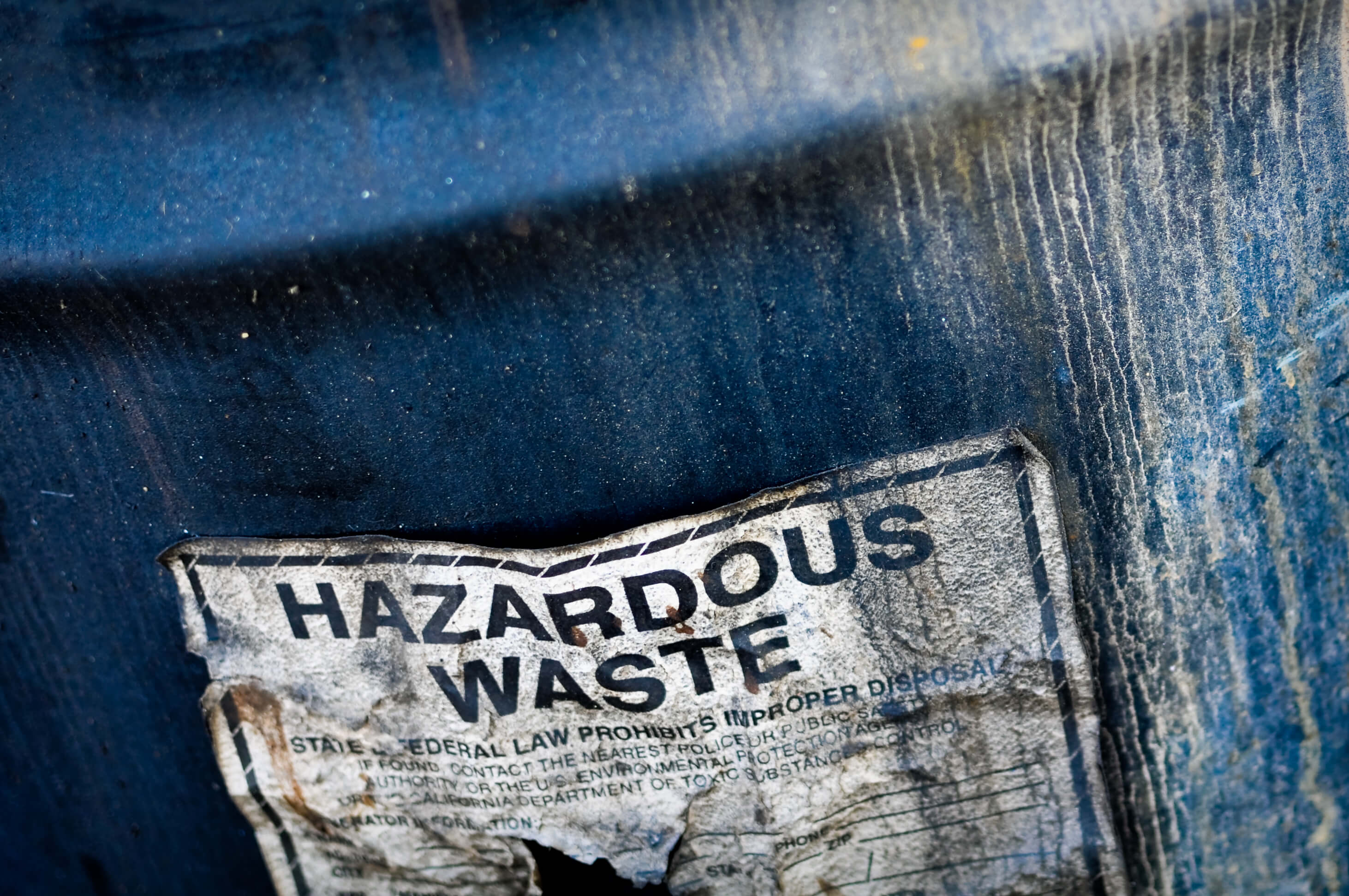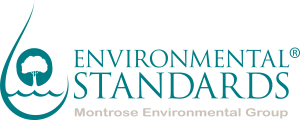TENORM
Waste Management in Colorado for the Oil & Gas Industry
Recently, the state of Colorado announced plans to amend the Radiation Control Act to allow for the development of Technologically Enhanced Naturally Occurring Radioactive Material (TENORM) regulations.
According to the US EPA, TENORM is defined as, “Naturally occurring radioactive materials that have been concentrated or exposed to the accessible environment as a result of human activities such as manufacturing, mineral extraction, or water processing.”1

“Technologically enhanced” means that the, “radiological, physical, and chemical properties of the radioactive material have been concentrated or further altered by having been processed, or beneficiated, or disturbed in a way that increases the potential for human and/or environmental exposures.”1
Since US EPA has yet to develop TENORM regulations, the state of Colorado is pursuing changes to its Radiation Control Act to allow for the development of those regulations. If the state is successful, the Colorado Department of Public Health and the Environment (CDPHE) will then hold a stakeholder process to develop TENORM regulations, including regulations for TENORM management and disposal. The process will not be expeditious.
In November of 2017, the Colorado DPHE issued a memo addressed to members of the oil and gas exploration and production (E&P) industry. It addressed the disposal and sampling of TENORM waste and stipulated, effective immediately, that waste from E&P operations that showed high concentrations of TENORM could not be disposed of in solid waste facilities until adequate characterization demonstrated the waste was below levels stated in the memo and provided in the 2007 Interim Policy and Guidance2.
With this decision, the oil and gas industry will likely need to initiate more rigorous and frequent sampling and characterization efforts for TENORM waste originating from its operations. In addition, the state of Colorado will conduct its own sampling on “potentially high” TENORM wastes from E&P operations.
As a result of additional sampling and the need to get TENORM waste characterization right the first time, it will be imperative for oil and gas stakeholders to be exacting in their approach to obtaining their characterization data. A simple, but effective first step towards that end is to create laboratory technical specifications for radiological and metals analyses. By providing laboratories with a Technical Specifications Manual (TSM), industry will reduce the risk of the added cost of mischaracterization of TENORM waste. In addition, it would be of value to have a percentage of existing TENORM data reviewed and validated for its accuracy and defensibility and consider laboratory audits in preparation for this enhanced monitoring. Environmental Standards, Inc.’s consulting chemistry professionals are experienced with both TENORM chemistry and the US EPA analytical methods and are available to help oil and gas industry partners implement a rigorous TENORM waste characterization program. Our Team has developed technical specifications, assessed laboratory operations, and has investigated radiological issues for the oil and gas industry for several decades.
1 Technologically Enhanced Naturally Occurring Radioactive Materials From Uranium Mining, Volume 1: Mining and Reclamation Background, and Volume 2: Investigation of Potential Health, Geographic, and Environmental Issues of Abandoned Uranium Mines. EPA 402-R-08-005.
2 Interim Policy and Guidance Pending Rulemaking for Control and Disposition of Technologically-Enhanced Naturally Occurring Radioactive Materials in Colorado, Revision 2.1. CDPHE, February 2007.
